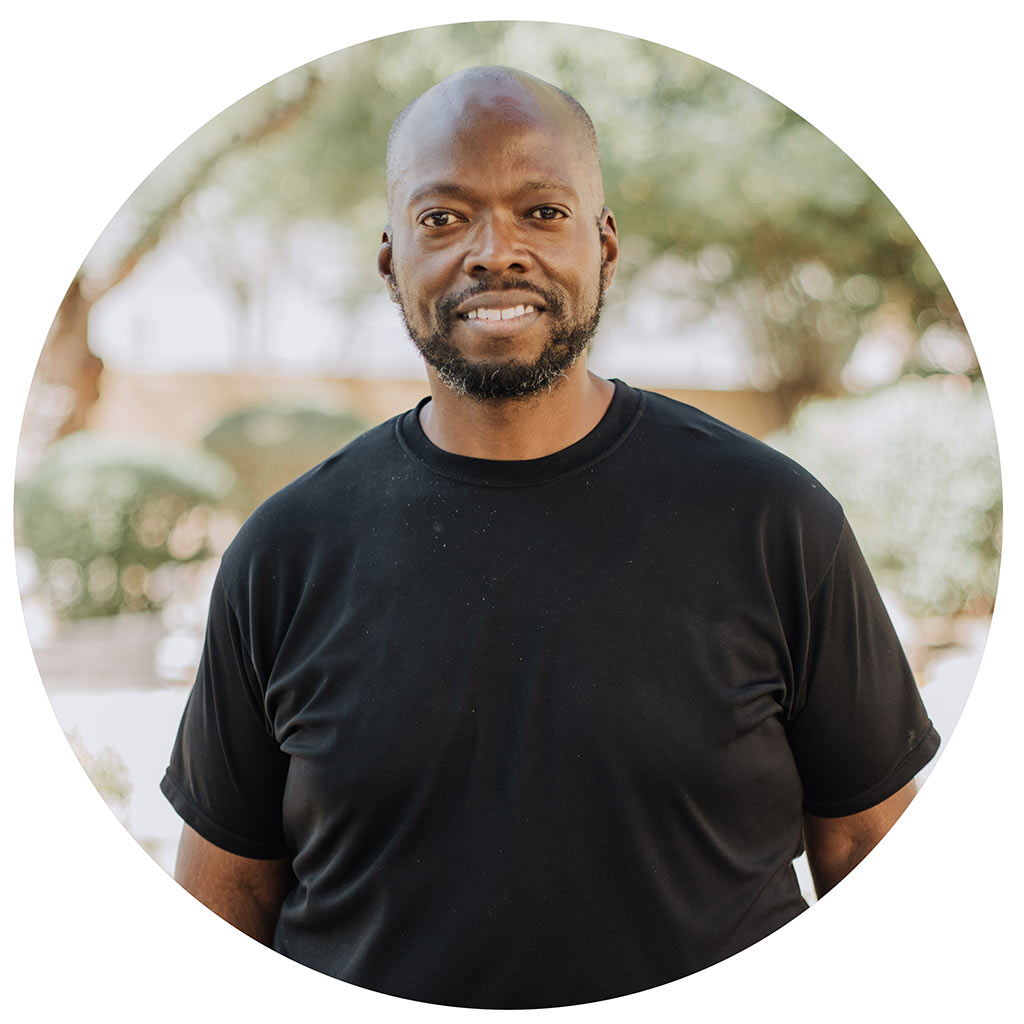Remembering vs. Not Forgetting
As we look at some of the holidays celebrated in our nation, our hope as a church is to examine how we can observe these special days by putting on the mind of Christ. This article, along with previous ones in our “Holidays” series, offers an opportunity for us to reflect on God’s Word, His plan, and His provision as we celebrate and honor these key holidays recognized by our nation.
_____________________
What’s the difference between remembering, and not forgetting? That’s the question I started asking myself as I thought about Memorial Day. I forget an awful lot of things. For example: usernames and passwords. Ever forget either of these (don’t say you forget both) to a commonly used website or app? How many times have you tried to change your password as a result, only to realize you’ve already used that password and need to come up with another one? I hate it when that happens! Or I’ll forget about an appointment. A due date for a payment. Someone’s birthday or anniversary (not me; I’m perfect).
But then there are those things I always remember—like when I eulogized my dad, or the day I married Janet almost 28 years ago, or counting the number of fingers and toes when both my kids were born, or getting my first boom box with equalizers and cassette with auto-reverse play on my 11th birthday (that’s right, I’m a Gen X’er!). Both seem important: not forgetting, but also remembering. Well, what’s the difference? Which one is more important? Which one takes priority?
In their book, Why We Forget and How to Remember Better: The Science Behind Memory, neurologist Andrew Budson and neuroscientist Elizabeth Kensinger note that forgetting is pretty important. They note that many think forgetting is bad, and that an ideal memory system is one where forgetting things never occurs. They emphasize, however, that forgetting is very important because it allows us to use the relevant pieces of our past to understand what’s going on right now or what might happen in the future, while discarding the irrelevant items. They note that memory involves more than just retrieving a file from your multiple terabytes of files sitting in a memory cabinet. In reality, every time we recall a memory, we have to rebuild that memory.
Forgetting is important because it allows us to use the relevant pieces of our past…and discard the irrelevant items.
Therapist Hal Mathew agrees. In Don’t Forget to Remember, and Remember to Forget, he notes that forgetting is as important as remembering, since doing so contributes to our effort to become “normal,” allowing us to focus on the present and future by letting go of harmful past experiences. He notes how our emotions are so intimately tied to our memories, since many of our memories give us pleasure, cause discomfort, or even contribute to our present-day fears. There’s value, he says, in forgetting things that cause us fear, also known as “fear extinction.” I think he must have been a huge Bee Gees fan too (definitely not my genre) since he used this title from their song.
Memorial Day is meant to honor and mourn the lives of those who died while serving in our country’s armed forces. The first nationally recognized Memorial Day was proclaimed by John Logan, a general in the Union Army. Several states began adopting the observance in the years to come. WWI and WWII made it a day of remembrance for those who fought and died in service, and Congress standardized the holiday in 1971 as Memorial Day to be observed on the last Monday of May.
An interesting forgotten memory, however, is that one of the earliest observations of Memorial Day was recorded on May 1, 1865, in Charleston, South Carolina, at the Washington Racecourse and Jockey Club. Pulitzer Prize author David Blight notes in his book Race and Reunion: The Civil War in American Memory that the facility had become a Confederate prison for Union captives. At least 250 Union soldiers died there from disease and exposure, and they were buried in a mass grave. When Charleston fell to the Union and the Confederate troops retreated, one of the first things done was to provide a proper burial experience for those Union soldiers to a new cemetery. A tall white fence with the inscription “Martyrs of the Racecourse” was erected. The forgotten memory? This was all done by emancipated slaves.
The New York Tribune and The Charleston Courier reported that about a week later, on May 1, a crowd of some 10,000 people made up of mostly freed slaves with some white missionaries staged a parade around the racetrack. Roughly 3,000 black school children, the 54th Massachusetts Infantry Regiment, as well as the 35th and 104th Regiment of the United States Colored Troops paraded around the racecourse. Nearly 30 speeches from Union officers, missionaries, and black ministers were given accompanied by praying, singing patriotic songs, and plenty of food. At its conclusion, the crowds dispersed to lay flowers on the fallen soldiers’ graves.
Scripture encourages us to remember. Psalm 77:11 says, “I will remember the deeds of the Lord; yes, I will remember Your miracles of long ago.” Paul urged Timothy to “remember Jesus Christ, raised from the dead, descended from David (2 Timothy 2:8).” When celebrating the sacrament, Jesus told the disciples to do it in remembrance of Him (Luke 22:19). But we’re also told not to forget all the Lord’s benefits (Psalms 103:2). We’re encouraged to be mindful not to forget the Lord, demonstrated in not keeping His commands toward us (Deuteronomy 8:11). We’re told not to remember the old ways, because God is able to do a new thing (Isaiah 43:18-19). We also know that Jesus won’t remember our sins because of His unlimited mercy (Hebrews 8:12). All throughout Scripture, we are encouraged to remember, as well as not to forget.
Scripture encourages us to remember…and we’re also told not to forget all the Lord’s benefits.
As we approach Memorial Day, may we remember to honor and mourn the lives of those who died while serving our country. May we also not forget the price paid by those who have given their lives. Take some time to thank God. Remember His many blessings afforded you and your loved ones over the last year. To the surviving families of recent soldiers lost, we salute you and pray for you. May you remember, experience, and never forget the love of Christ during this time. May we all remember and never forget the hope we have in Jesus.

Sam Melvin
PASTOR OF ENRICHMENT
View previous Holiday Series articles, including those written about Martin Luther King Jr. Day and Presidents Day, on this page.

